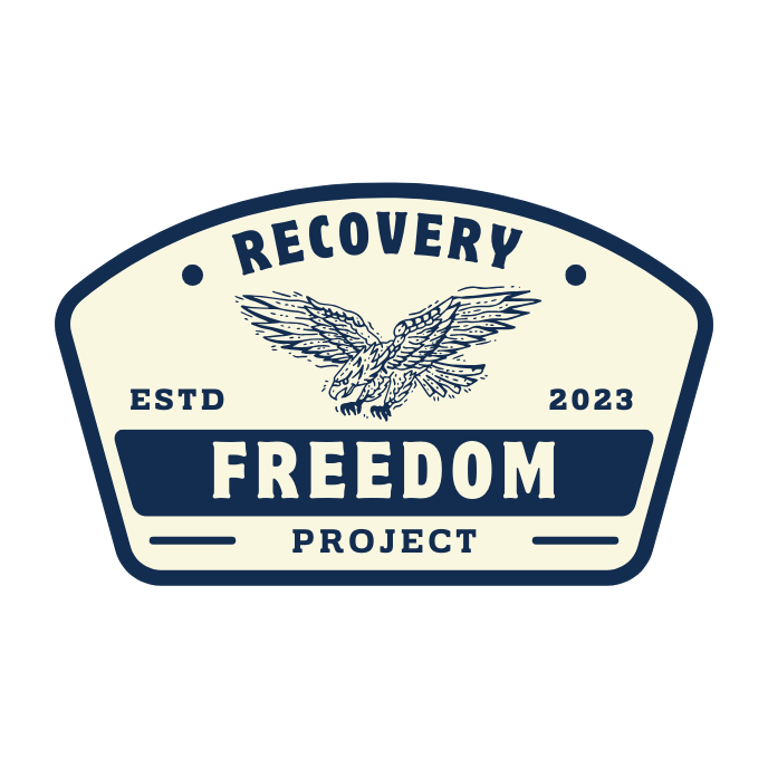Living Recovery: Beyond the Steps
6/2/20255 min read


Understanding Recovery Beyond the Steps
Recovery is often perceived through the lens of structured programs, particularly those that emphasize a step-based approach. However, it is essential to recognize that while these steps provide a framework for addressing addiction, they do not encompass the entirety of the recovery process. True recovery extends beyond the confines of the steps, advocating for a more holistic approach that incorporates the individual’s lifestyle, relationships, and personal growth.
At its core, the concept of living recovery involves actively applying the principles derived from the steps into everyday life. This means that individuals in recovery must learn to integrate values such as honesty, accountability, and self-care into their daily routines. A mere adherence to the steps can lead to a superficial engagement with the recovery process. Consequently, it becomes imperative for individuals to embody these principles authentically to foster lasting change and enhance their well-being. The holistic nature of recovery requires individuals to address all aspects of their lives, including emotional, physical, and social dimensions.
Moreover, the limitations of a strictly step-focused framework surface when individuals encounter challenges that require more than the outlined steps. Life situations often necessitate an adaptive mindset, encouraging individuals to think creatively about their recovery strategies. These strategies may include seeking support from various resources such as therapy, community involvement, or even engaging in hobbies that promote emotional expression and resilience. By recognizing recovery as an ongoing journey rather than a series of tasks to complete, individuals can develop a more comprehensive understanding of what it means to live in recovery.
In fostering a complete recovery experience, the emphasis shifts from simply achieving sobriety to cultivating a fulfilling and meaningful life. This approach underscores the necessity of ongoing engagement and proactive measures in promoting one’s growth, ultimately supporting the journey toward sustained sobriety.
The Importance of Daily Application
Integrating recovery principles into daily routines is crucial for maintaining long-term sobriety and emotional well-being. Recovery is not merely a series of steps to be completed; rather, it represents a transformative journey that requires ongoing commitment and practice. By embedding these principles into everyday life, individuals reinforce their dedication to sobriety and ensure that their progress is sustained over time.
One practical approach to incorporate recovery teachings into daily routines is by establishing a consistent morning routine that includes reflection or meditation. Engaging in these practices allows individuals to set a positive tone for the day ahead, fostering mindfulness and self-awareness. Additionally, journaling can serve as an effective tool for processing emotions and reflecting on one's journey. Documenting thoughts and experiences not only provides clarity but also reinforces one's commitment to sobriety.
Moreover, building a strong support network plays a pivotal role in daily recovery application. Regular interaction with sponsors, recovery groups, or supportive friends can provide necessary motivation and accountability. Participating in group meetings or therapy sessions can be a valuable way to remind oneself of the principles learned and to share challenges and triumphs with others who understand the journey toward sobriety.
Incorporating physical activity into everyday life is another essential aspect of maintaining recovery. Exercise has been proven to enhance mental health and reduce stress, which can be particularly advantageous for individuals in recovery. Frequent activity serves not only to improve physical health but also to promote emotional stability, further anchoring the recovery commitment.
By actively weaving recovery principles into daily decision-making and routines, individuals can create a sustainable framework for sobriety. This practice emphasizes that recovery is not an endpoint but a lifelong process, necessitating consistent efforts and conscious choices that reflect one’s commitment to emotional health and well-being.
Healing the Mind and Emotions
Recovering from addiction necessitates a comprehensive approach that extends beyond physical sobriety to encompass the emotional and psychological aspects of healing. The alcoholic mind often grapples with a myriad of mental health challenges that must be addressed with the same seriousness as the addiction itself. These challenges may include anxiety, depression, and post-traumatic stress disorder, all of which can complicate the recovery journey. Recognizing the intersection between mental health and sobriety is vital for a successful recovery process.
Emotional sobriety is a critical component in the healing journey. It involves cultivating a stable emotional state that allows individuals to manage their feelings effectively without resorting to substance use as a coping mechanism. Building emotional resilience can lead to improved decision-making, better relationships, and reduced vulnerability to relapse. Practicing self-awareness is essential; it empowers individuals to recognize triggers and develop healthier coping strategies. This awareness acts as a safeguard during times of stress or emotional turmoil, which can threaten recovery.
Therapy can be an invaluable tool in enhancing both mental health and emotional wellbeing. Engaging with a professional therapist provides a structured environment where individuals can explore their thoughts, feelings, and behaviors. Therapists can offer cognitive behavioral techniques and other evidence-based modalities aimed at reducing the risk of relapse. Moreover, incorporating support systems, such as peer groups or family support, fosters a sense of community, providing encouragement and accountability throughout the recovery process.
In sum, addressing the mind and emotional health is fundamental to the journey of recovery from alcoholism. By prioritizing mental health, implementing therapeutic practices, and cultivating strong support networks, individuals can achieve a holistic recovery that promotes sustained sobriety and overall wellbeing.
Integrating Lessons into Everyday Life
Recovery is not merely a series of steps to be completed; it is a lifelong journey that reshapes how individuals engage with their daily lives. To fully integrate the valuable lessons acquired during the recovery process, it is essential to adopt strategies that foster both accountability and self-discipline. These strategies can help individuals navigate the complexities of everyday interactions, ensuring that the principles of recovery remain at the forefront of their decisions and actions.
One effective method is to establish a daily routine that aligns with recovery goals. This routine can include scheduled time for self-reflection, physical exercise, or engaging in hobbies that promote mental well-being. By adhering to a structured daily plan, individuals can cultivate a sense of purpose and direction, reducing the likelihood of falling back into old patterns of behavior.
Additionally, maintaining open lines of communication with a supportive network is crucial. This may involve regular check-ins with a sponsor, support group, or trusted friends and family. Accountability partners can provide encouragement and constructive feedback while holding individuals responsible for their commitments. Enabling these connections fosters an environment where personal growth is both recognized and celebrated, reinforcing the importance of forgiveness towards oneself and others.
Another essential element is practicing mindfulness and self-compassion. By acknowledging and accepting one’s emotions without judgment, individuals can cultivate a deeper understanding of their triggers and vulnerabilities. This awareness allows them to respond to challenges more effectively, rather than reacting impulsively. Building this awareness not only aids in personal development but also encourages empathetic interactions with others, fostering a community of support within and outside the recovery environment.
In conclusion, the lessons learned during recovery can profoundly influence daily life. By implementing structured routines, maintaining accountability, and practicing mindfulness, individuals can navigate the challenges they face while celebrating their successes in living a life of recovery every day.
Resources
Find comprehensive resources for recovery support here.
Contact
Support
© 2025. All rights reserved. The Freedom Project 501c3
